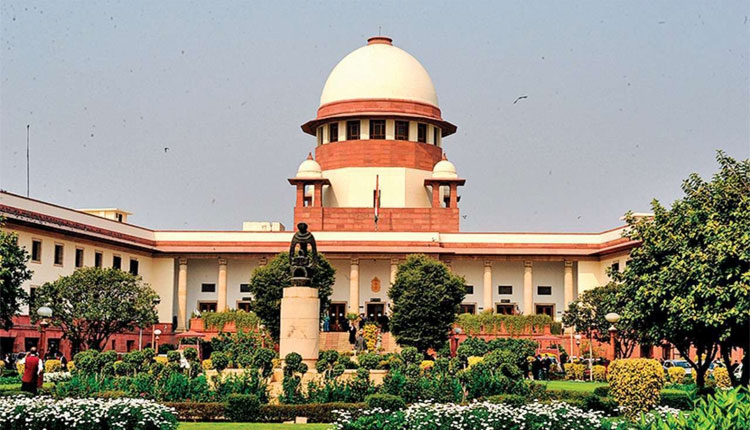New Delhi: The Supreme Court of India has delivered a significant judgement concerning the imposition of entertainment tax on online ticket booking fees. In a ruling that upholds the decision of the Madras High Court, the Supreme Court bench, comprising Justices BV Nagarathna and N Kotishwar Singh, declared that under the Tamil Nadu Entertainment Tax Act, 1939, entertainment tax cannot be imposed on charges for online ticket bookings.
The Supreme Court’s decision comes after an appeal was filed challenging the Madras High Court’s earlier ruling, which deemed the imposition of entertainment tax on online booking fees incorrect. The High Court had previously asserted that such fees do not constitute a charge for entertainment but rather a service fee for the convenience provided to consumers.
During the proceedings, the Supreme Court clarified that the additional fee charged for online ticket booking is not for entertainment purposes. Instead, it is a service fee that enables customers to purchase tickets from the comfort of their homes, thereby saving energy, time, and fuel. The court noted that this convenience fee, typically around Rs 30, is distinct from the entertainment provided by the event itself.
In their judgement, the Justices rejected the petitioner’s comparison of online booking fees with charges imposed at drive-in theatres. The court emphasised that the circumstances of online booking differ significantly, and thus, the comparison was deemed inappropriate. Justice BV Nagarathna had earlier remarked that the additional charge for online bookings is solely for the convenience of users who prefer not to travel to theatres.
The Madras High Court had previously ruled that the state of Tamil Nadu cannot levy entertainment tax on the internet service provided by cinema owners under the Entertainment Tax Act, 1939. The Commercial Tax Officer subsequently challenged this ruling in the Supreme Court.
The Supreme Court’s affirmation of the Madras High Court’s decision marks a crucial clarification in the taxation of digital services related to entertainment. The judgement underscores the distinction between fees for entertainment and service charges, providing relief to online ticket booking platforms and consumers alike.



Comments are closed.